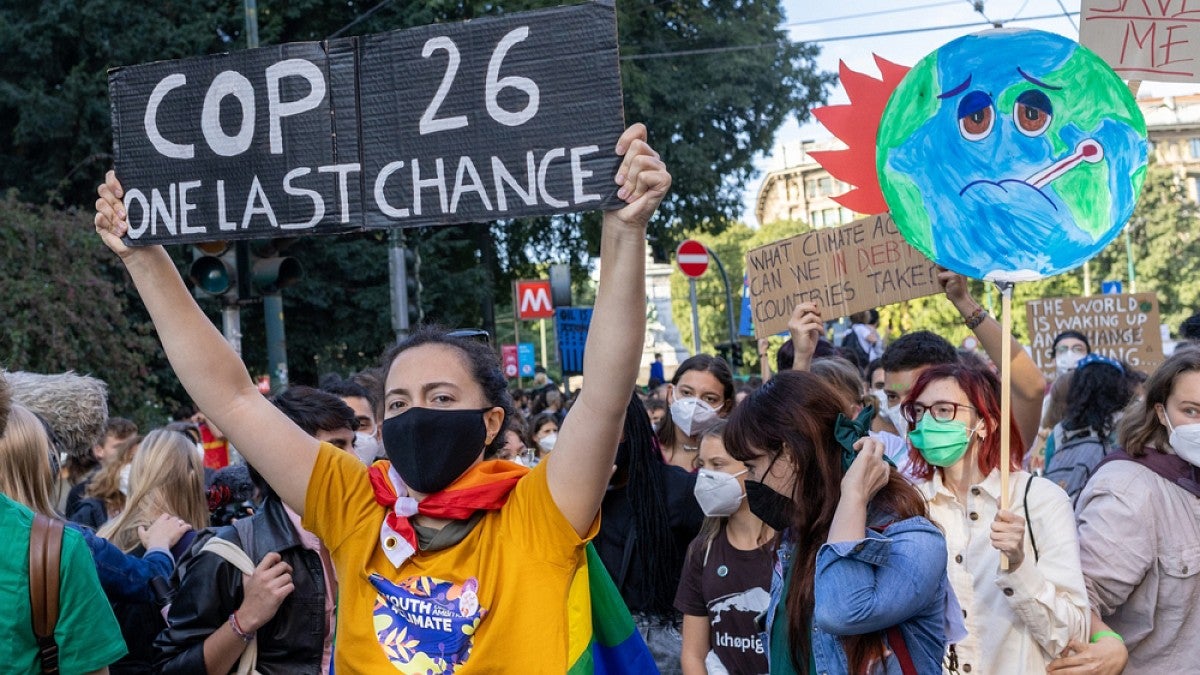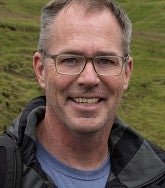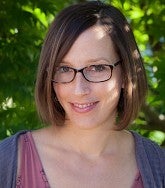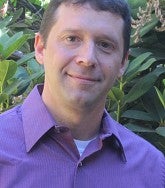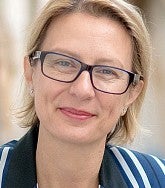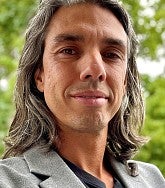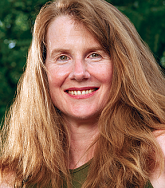In Glasgow, Scotland, 20,000 delegates from 196 nations have converged to hear the latest science, negotiate commitments to cut greenhouse gas emissions, secure financing for developing nations, and debate progress on fulfilling climate pledges.
Some observers say this may be the last, greatest opportunity to live up to an emissions reduction agreement made during the Paris 2015 meeting. The University of Oregon, with more than 45 years of environmental teaching and research, including its interdisciplinary Environmental Studies Program, was one of 3,900 U.S. organizations and institutions that reaffirmed commitment to that pledge last December.
While UO faculty experts in law, geography, planning and politics express skepticism that proceedings will lead to significant action to reach that pledge, all agree that, as educators, their work to help shape a livable future for all is urgent and meaningful.
“While international and national negotiations can be frustrating and slow, the teaching, research and community engagement here at the UO inspires us to keep pressing forward on solutions,” said Adell Amos, executive director of the UO’s new Environment Initiative, which she said represents higher education’s renewed commitment to address climate change and to create a just transition to a decarbonized future. “Our students and future generations deserve nothing less than our best efforts.”
Mark Carey
Professor of environmental studies, Department of Geography; director of the Glacier Lab
“We don’t have a climate emergency,” he said, “as much as we have a political emergency.”
He does see resilience and adaptability in the communities living near glaciers that are shrinking quickly and globally.
“I’m inspired by creative ways to confront this climate crisis on small scales, whether by building artificial glaciers in India, or, as one Peruvian farmer is doing, by suing a German energy company whose emissions are melting an Andean glacier,” he said. “I’m inspired by Indigenous communities and tribal nations who — even in the face of 500 years of colonialism, racism, and the recent terrible effects of climate change — are doing innovative work to adapt to increased floods and weather disasters, to address food insecurity, and to maintain their dynamic cultures.
“And I’m inspired by young people and students who persist in their work and studies even in the face of eco-grief and relentless setbacks and inaction from the U.S. government.”
Leigh Johnson
Assistant professor, Department of Geography, Environmental Studies Program, African Studies Program
“Poor countries need grant money, not loans, to finance adaptation and emissions reductions,” she said. “As rich countries attempt to meet a pledge of $100 billion per year of climate financing to poor countries, an alarming amount of this funding, about 70 percent in 2019, has come as loans, not grants. Loans, of course, accrue interest, and they must be paid back in foreign currency. This creates a hugely concerning risk of a climate debt trap for poor countries unable to pay loans as climate impacts continue to worsen.
“And, the pandemic has magnified the unequal negotiating positions between countries. Small, poor countries could never send the coterie of negotiators and lawyers that rich countries send, and the lack of vaccine access and budget distress has made this situation much more acute.”
Craig M. Kauffman
Associate professor and director of graduate studies, Department of Political Science
“What I would want delegates (to COP26) to understand is that the costs of not taking aggressive action to mitigate climate change are far greater than the costs associated with aggressively tackling climate change, as high as these may be. I do not have much hope that national governments meeting in Glasgow will agree to meet the ambitious goals we need.
“Personally, I believe the most important actions to address climate change are being made by cities, like those transitioning to renewable energy, decisions by organizations to divest from fossil fuel companies, and other kinds of actions being taken by local governments, private organizations, and movements of citizens who are taking matters into their own hands in the face of inaction by national governments.”
Adrian Parr
Dean of the College of Design; professor, School of Planning, Public Policy and Management
For the conference to make progress, she said, “the U.S. not only has to agree to meet its Paris Accord commitments, it needs to make bolder commitments and stick to them. And we need an internationally binding agreement. A point of significance and great concern is that neither Russian nor Brazilian presidents will be attending the conference. Russia is amongst the top five of the world’s highest emitting countries alongside China, the U.S., India and Japan. Meanwhile, Brazil is cutting down the Amazon rainforest at an alarming rate, which has resulted in one of the world’s greatest carbon sinks now releasing more CO2 than it absorbs.”
Lucas Silva
Associate professor, Department of Geography, Environmental Studies Program; director, Soil Plant Atmosphere research lab
“Truly innovative partnerships across different disciplines and sectors of society are emerging more rapidly than we could have even imagined a few years ago,” he said. “We do need world leaders to come together to discuss how sanctions and incentives might be applied to mitigate greenhouse gas emissions. However, any directives from the top down are likely to be ineffective if not supported by decentralized, bottom-up adaptive action led by communities on the ground.
“Although promises made in previous meetings have not fully materialized, if governments follow through and continue to invest in public institutions, which do most of the climate change mitigation and adaptation research, we could potentially limit total warming to a manageable level. There is still time for us to act to transform this now undeniable climate crisis into opportunities for a more just and sustainable future.”
Mary Wood
Philip H. Knight Professor of Law; faculty director, Environmental and Natural Resources Law Center
“Generally these COP climate negotiations reflect the political pressures that leaders of various countries face domestically from the fossil fuel industry,” she said. “Across the world, citizens and young people are suing their governments to force climate action, and those cases are winning. The American situation cries out for judicial oversight because a mere promise by President Biden setting forth climate goals holds no durability for the future — the next president could reverse his direction — and they may not even go far enough to avert tipping points.
“The pathbreaking U.S. climate case, Juliana v. United States, is once again before the U.S. District Court of Oregon, and the Biden Administration can engage in settlement talks with the plaintiffs and enter into a consent decree that will set forth obligations. In my view, this is a necessary step to hold government accountable for proceeding with all deliberate speed along the decades-long path of climate recovery.”
—By George Evano and Matt Cooper, University Communications


